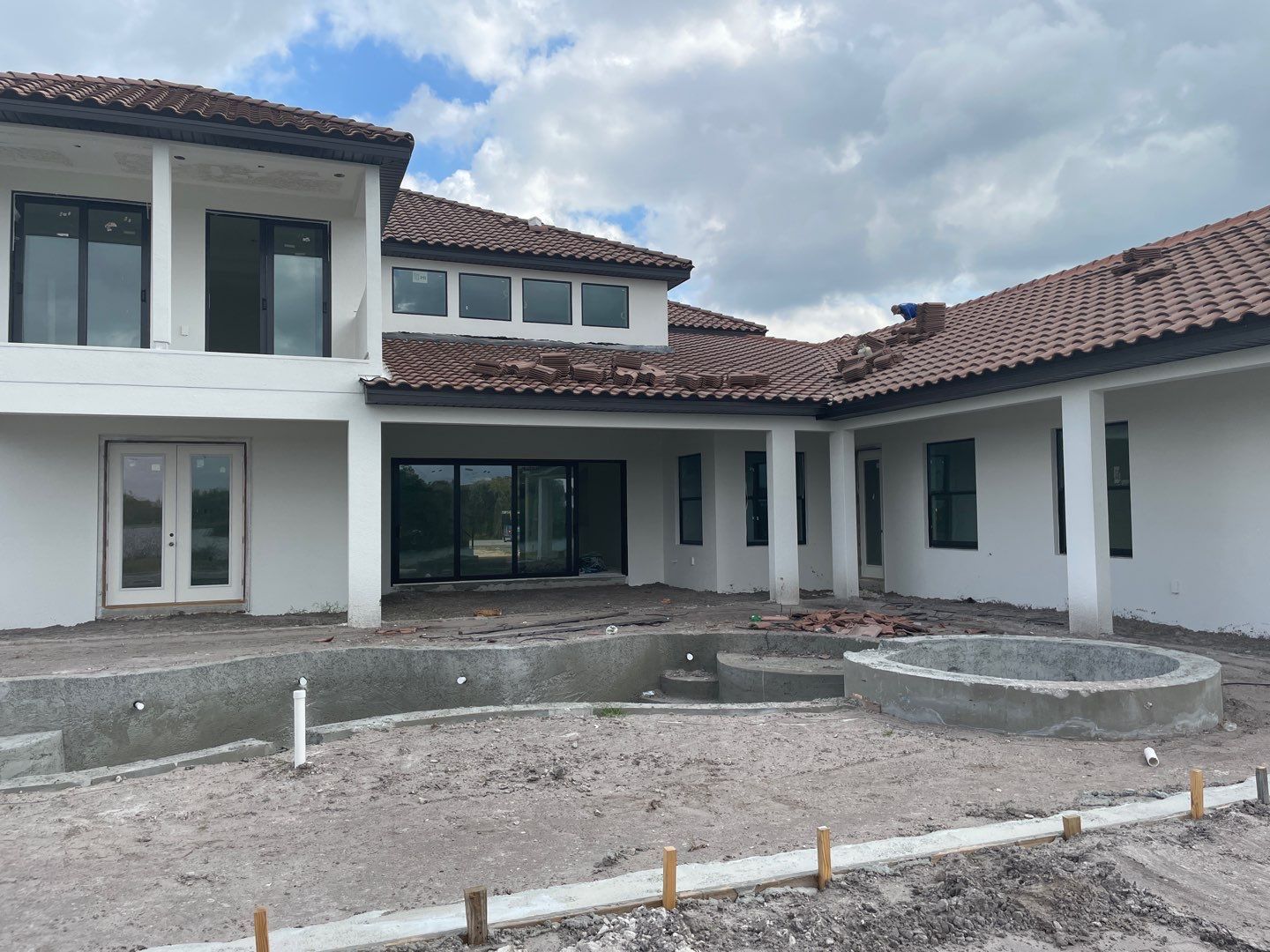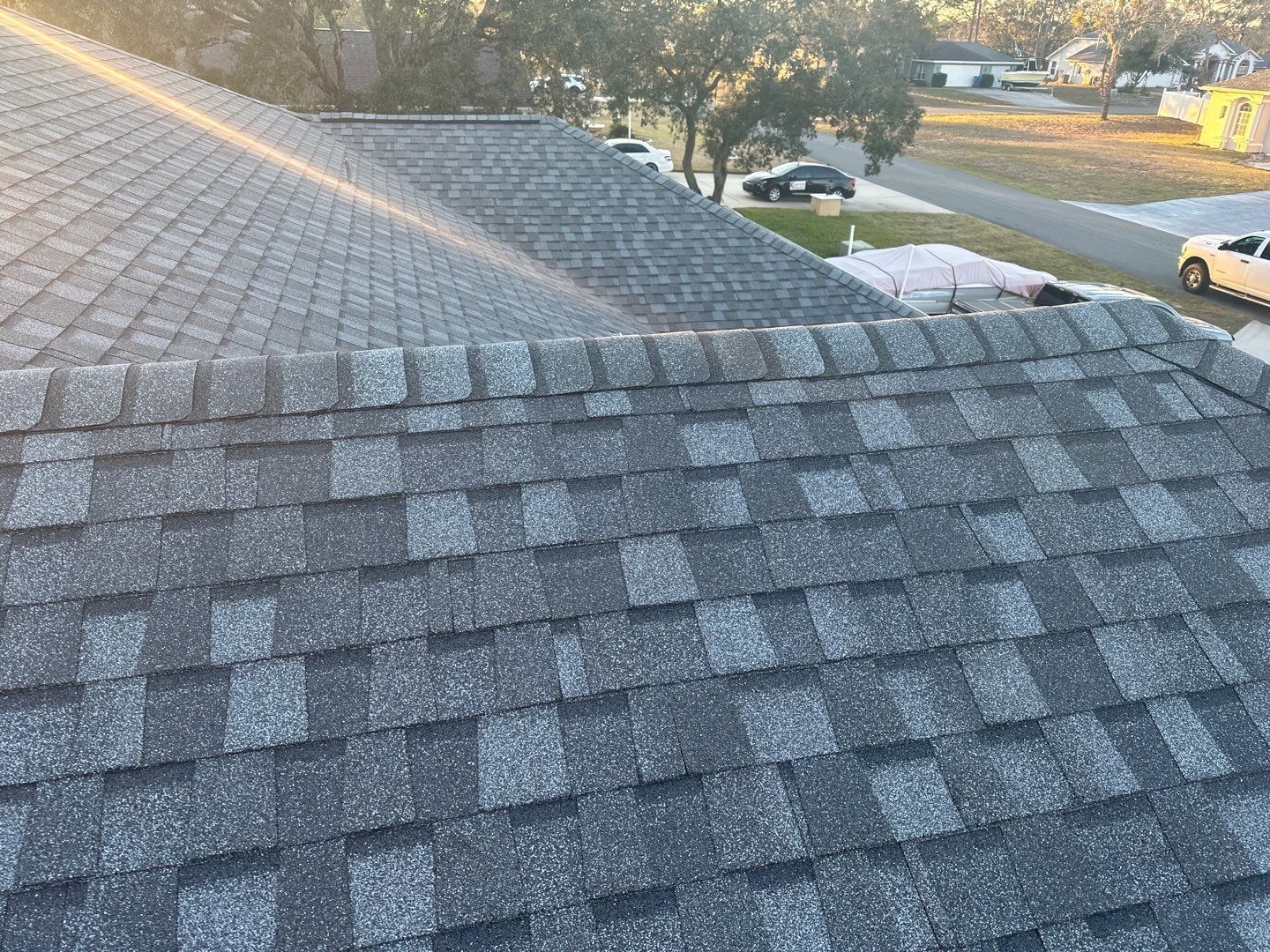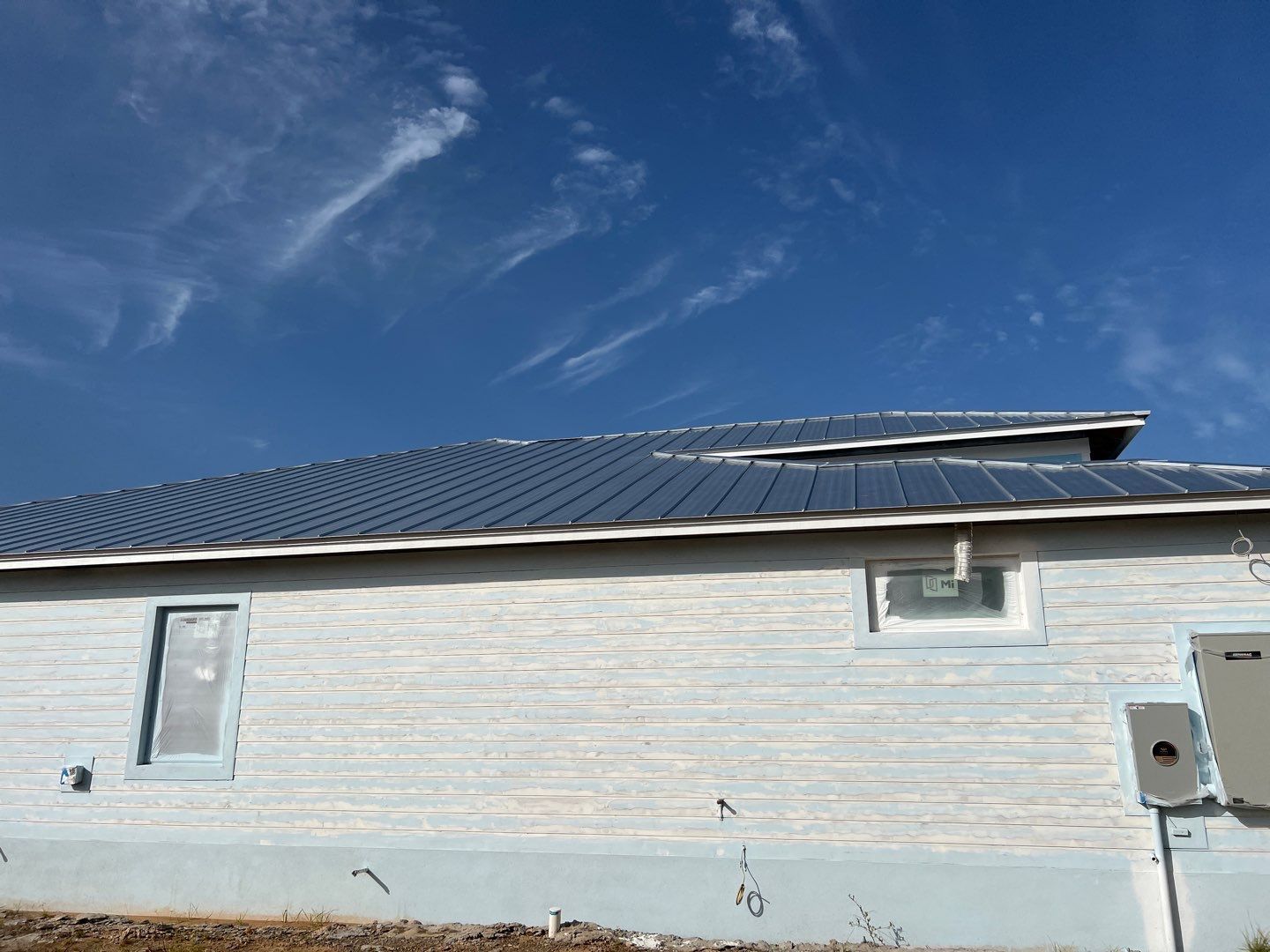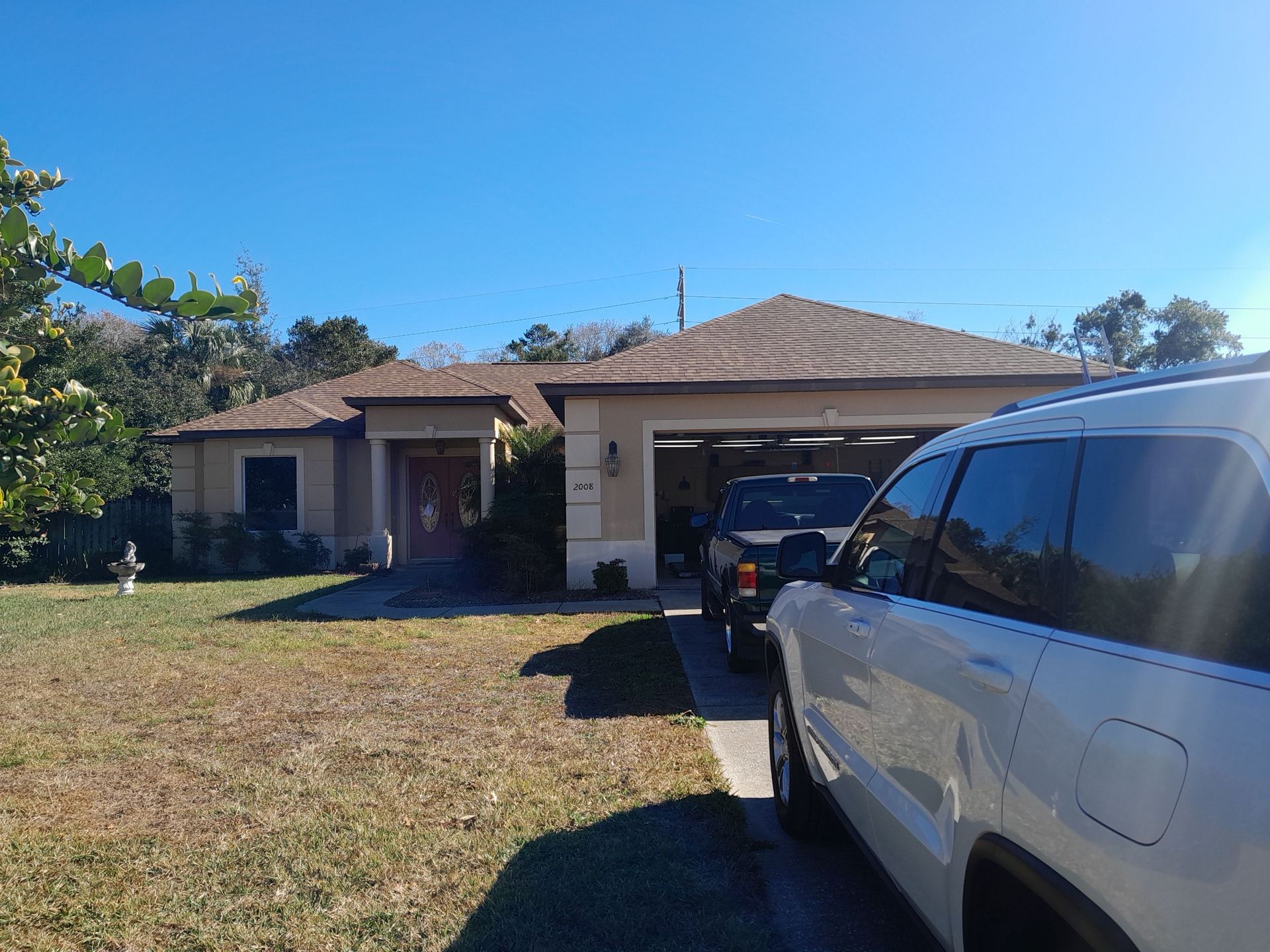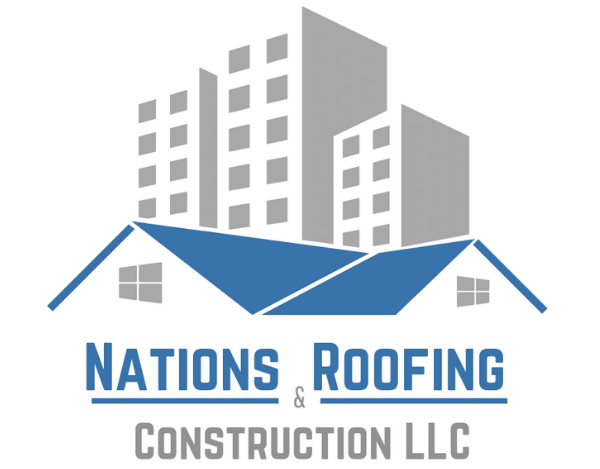Residential Roofing in Spring Hill
Residential Roofing in Spring Hill, FL
Roofing Material Types
There are several common roofing material options available for residential and commercial properties. Here are some of the most common ones:
- Asphalt shingles: This is the most popular roofing material in the United States, accounting for about 80% of all residential roofs. Asphalt shingles are relatively affordable, easy to install, and come in a variety of colors and styles.
- Metal roofing: Metal roofing is durable and long-lasting, with a lifespan of up to 50 years or more. It is also lightweight, fire-resistant, and energy-efficient.
- Clay or concrete tiles: These roofing materials are known for their durability and longevity, with a lifespan of up to 100 years. They are also fire-resistant and energy-efficient, but can be relatively heavy and expensive.
- Wood shingles or shakes: These roofing materials are made from natural wood and can provide a rustic, natural look to a home. However, they are also relatively expensive and require regular maintenance to prevent rot and decay.
- Slate: This is a high-end roofing material that is known for its beauty and durability. Slate roofs can last up to 100 years or more, but they are also relatively heavy and expensive to install.
- Synthetic roofing materials: These materials are designed to mimic the look of natural roofing materials, such as slate or wood, but are made from synthetic materials such as rubber or plastic. They are generally more affordable and easier to install than natural materials, but may not be as durable or long-lasting.
When choosing a roofing material, it's important to consider factors such as the climate, the style of the home, and the budget.
What Should You Ask Before Hiring a Roofing Contractor?
Hiring a professional roofer is an important decision that can have a big impact on the safety and integrity of your home. Here are some questions to ask before hiring a roofer:
- Are you licensed and insured? It's important to work with a roofer who is properly licensed and insured to protect yourself from liability in case of accidents or damages.
- How long have you been in business? Look for a roofer with a proven track record of success and experience in your area.
- Can you provide references or examples of your previous work? Check reviews and ratings on websites such as the Better Business Bureau, Google, or Yelp to see what previous customers have to say about the quality of their work.
- What is your process for identifying and repairing roof damage? A good roofer should be able to explain their process for inspecting and repairing your roof, and provide you with a written estimate and timeline for completion.
- Do you offer a warranty or guarantee on your work? A reputable roofer should stand behind their work and provide a warranty or guarantee on their repairs or installations.
- What materials do you use? It's important to choose a roofer who uses high-quality materials that are appropriate for your specific needs and budget.
- What is the total cost and payment schedule? Make sure to get a detailed estimate that includes all costs and payment terms before work begins to avoid any surprises later on.
Call For A Free Estimate!
© 2022-2023 Spring Hill Tile Roofing by Jason
